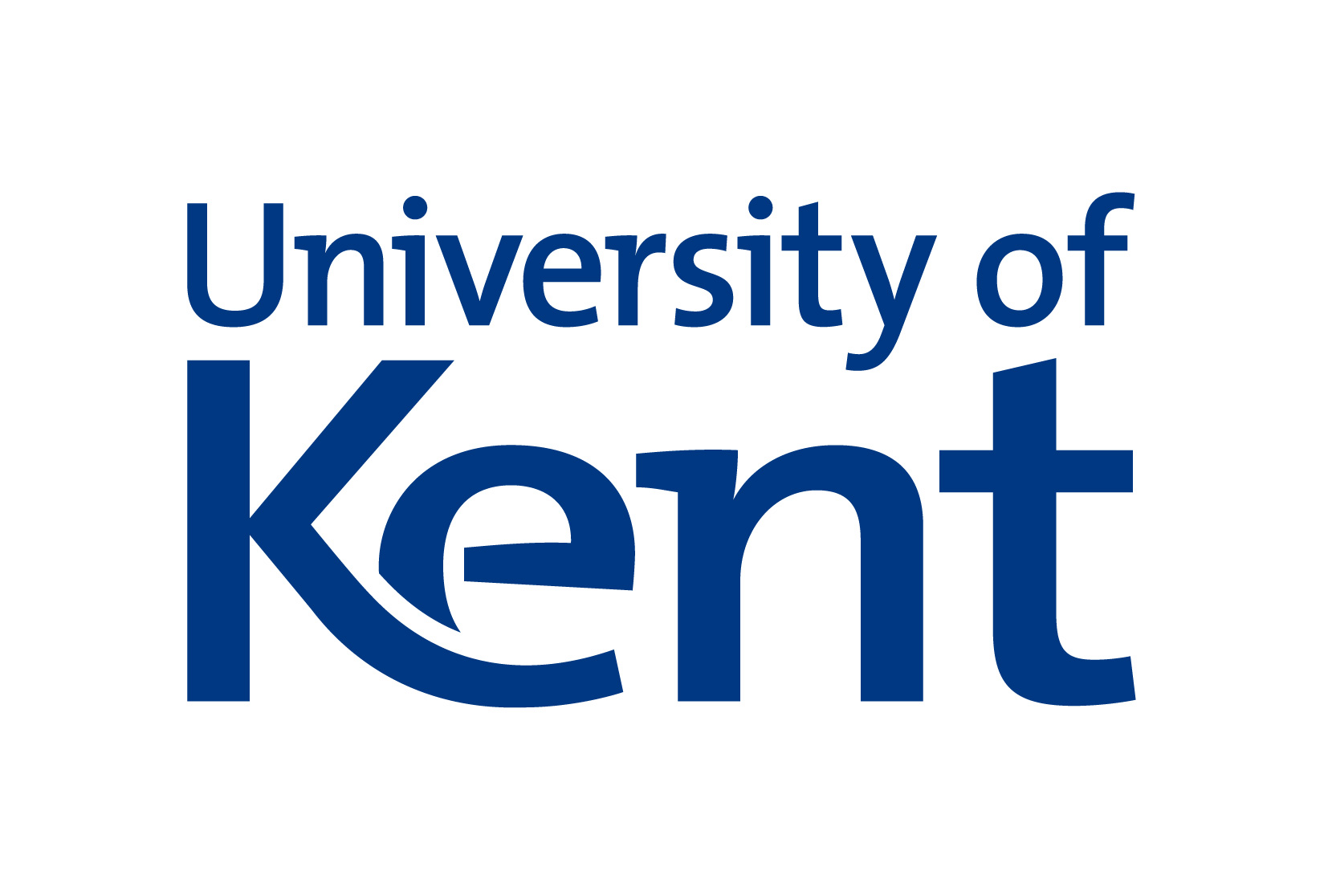About International Migration - MA in University of Kent
The MA in International Migration programme is suitable both for individuals who are finishing university and for those who have worked for some years and are seeking a change in career. It is equally suitable for those of you who have already worked with migrants or refugees. Our students typically come from all three groups and from around the world; you will learn not only from your lecturers, but from each other as well.
Your classes will be taught by academics and practitioners. You will learn relevant concepts, legislation and theories surrounding human trafficking, but you will also hear from a humanitarian worker who has worked in the Greek islands and made an initial determination of whether a migrant may potentially be a victim of human trafficking.
Learning the theory behind the phenomena will help you put your own work experience into theoretical context. If you are coming directly from university, you will gain the theoretical and empirical knowledge to draw on when you do enter the job market.
At the same time, the programme will give you a broad understanding of migration. Some of you will use your essays and dissertation to explore different areas of migration in more depth while others of you will focus your essays and dissertation on different aspects of one topic, for instance, refugee resettlement. You will situate your research within a broader base of migration studies.
In looking at states' reactions to refugee flows, you will understand that states receive not only refugees, but also family migrants, labour migrants and students and that citizenship and integration policies and philosophies have an impact on immigration policies as well. It is only through understanding the breadth of migration that you will be able to focus effectively on your particular topic of interest. This programme gives you the context in which to do just that.
This programme allows students to study migration – including human trafficking, asylum and forced migration as well as integration and citizenship. You can choose a secondary specialisation, while still focusing on migration studies. Students often study human rights law, development or international conflict analysis in conjunction with migration. Overall, you will gain an in-depth understanding of the broader field of migration while being able to focus on a particular topic from an interdisciplinary perspective.
Academic qualification equivalents
-
For entry to a Kent postgraduate degree programme (Master’s), Indian students typically need to have completed a three or four-year undergraduate degree (Honours Bachelor degree or Professional degree) at an accredited university or college. General Bachelor degrees may sometimes be considered. Exact requirements will depend on the postgraduate degree you are applying for and the institution you have studied at.
English language requirements
- IELTS : 6.5 overall (with a minimum of 6.0 in R&W; 5.5 in S&L)
- TOEFL IBT: 90 overall (with a minimum of 22 in R; 21 in W; 17 in L; 20 in S
- PTE: 62 overall with 60 in each subtest
Highlights
| Establishment Year |
1965 |
| Location |
Canterbury, England |
| University Type |
Public |
| Campus Setting |
Rural |
| Student Enrollment |
19,860 |
| Endowment |
£ 5.528 million |
| Mode of Program |
Full time, distance and online |
| Financial Support |
Available |
| Campus Housing |
Available |
University of Kent Cost of Attendance
| Expenses |
Estimated cost (in GBP) |
| Undergraduate Fee |
15,200-18,400 |
| Postgraduate Fee |
16,000-19,000 |
| Average cost of living |
12,968 |
